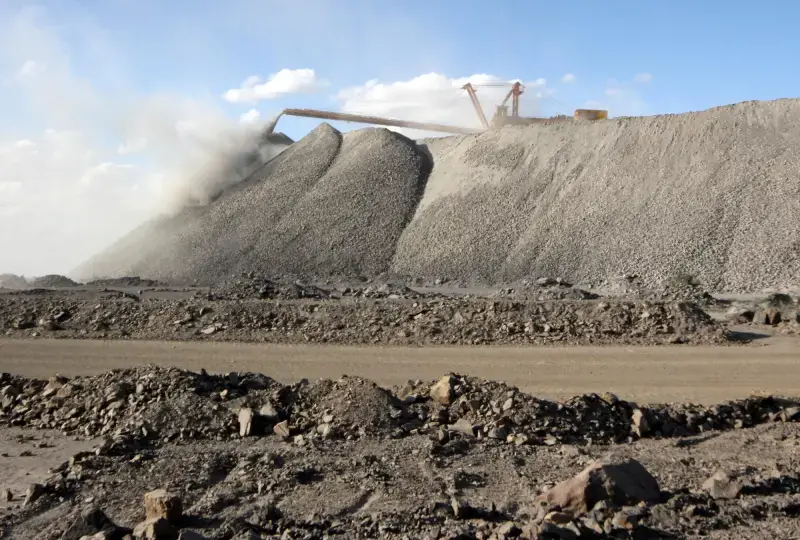Pakistan has invited the US Critical Minerals Forum, funded by the US Government, to present a structured framework for collaboration in the country’s minerals and mining sector, marking a key policy-level opening for US investment and technology transfer as Islamabad seeks to unlock the potential of its critical minerals landscape.
The development came during a high-level meeting between Finance Minister Muhammad Aurangzeb and Robert Louis Strayer II, President of the Critical Minerals Forum (USA), who was accompanied by H.E. Natalie Baker, Chargé d’Affaires of the United States at the Ministry of Finance, on Friday.
Senior officials from the Ministry of Finance and relevant departments also attended the meeting.
During the meeting, both sides discussed avenues of cooperation in the minerals and mining sector, strengthening supply-chain security, and encouraging responsible and sustainable investment in Pakistan’s critical minerals landscape.
Pakistan delivers first shipment of rare earth elements, critical minerals to US
Aurangzeb welcomed the delegation and underscored Pakistan’s steady economic trajectory, noting improvements across macroeconomic fundamentals and governance reforms.
“Our priority is fundamental fiscal hygiene-building the discipline where capital flows in, remains invested, and is secured through sound policies,” the minister stated. “This foundation is now translating into improved sentiment and positive signals from international rating agencies.”
The finance minister reaffirmed that Pakistan is working on important legal and regulatory reforms and will welcome structured proposals from the Critical Minerals Forum.
“We encourage you to return with a detailed framework for collaboration. Pakistan will evaluate it with a view to facilitating responsible investment and ensuring mutual benefit,” the minister said.
Aurangzeb also emphasised Pakistan’s strengthened geopolitical and economic partnerships, stating, “Pakistan today stands at a constructive intersection of global relationships—renewed momentum in Pakistan-US ties, time-tested relations with China, and forward-looking strategic cooperation with the Kingdom of Saudi Arabia.”
He stressed that Pakistan’s mineral and mining sector represents a transformational opportunity.
“This offer Pakistan a pathway to shift from consumption-driven cycles to export-led growth. A strong minerals policy framework will help Pakistan break the cycle of periodic balance-of-payments pressures and reduce future reliance on multilateral support.”
Strayer shared that the Critical Minerals Forum works globally to support secure and transparent mineral supply chains for the US industry, particularly in emerging markets.
He stated that the forum focuses on rare and niche metals, including copper and antimony, and aims to de-risk investments from both financial and security perspectives. He reiterated the forum’s commitment to support technology transfer, IP protection, and US private-sector investor confidence.
According to the statement, the US delegation observed that the United States views Pakistan’s science, engineering, and mathematics talent as a competitive strength and acknowledged Pakistan’s potential to become a future hub for critical mineral development.
The Chargé d’Affaires noted the Embassy’s support for US commercial engagement in Pakistan and emphasised the importance of ensuring strong investor confidence and enabling regulatory frameworks in the minerals sector.
The meeting concluded with both sides expressing commitment to continued engagement and collaboration in the minerals sector, aligned with Pakistan’s economic reform agenda and shared objectives for sustainable development.


